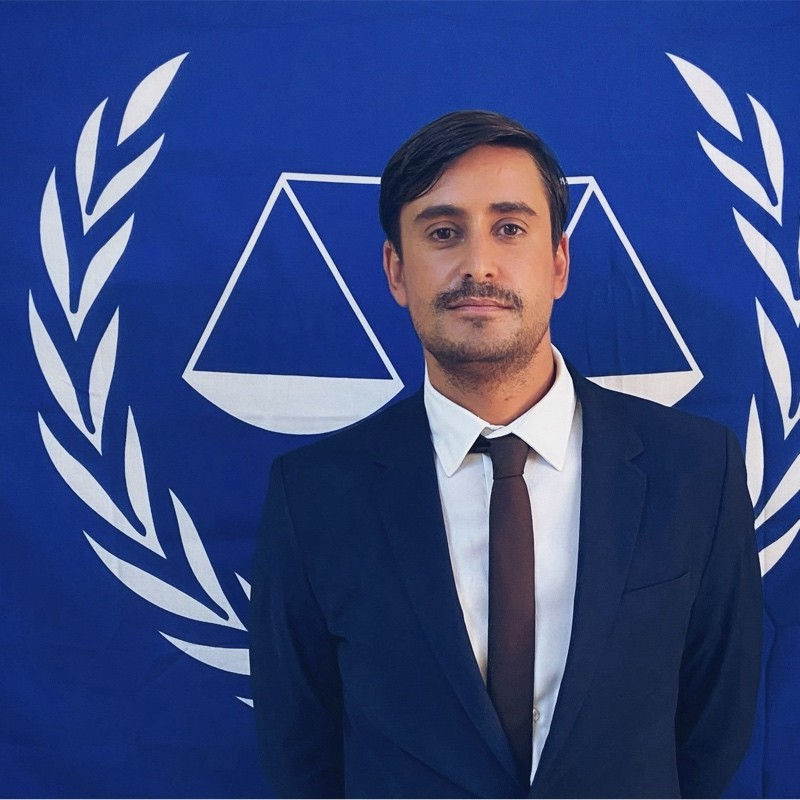Hunting Monsters: In Conversation with Eric Emeraux
- Anaëlle Drut-Desombre

- Jul 1, 2024
- 20 min read
Updated: Jul 6, 2025
Eric Emeraux is the former Head of the Central Office for Combating Core International Crimes and Hate Crimes (OCLCH), France’s war crimes unit. Prior to that, Emeraux spent five years in Sarajevo as internal security attaché at the French Embassy. His book Hunting Monsters, published in 2023 in the UK, recounts the considerable work achieved with his team to track down war criminals and put an end to impunity.
This written interview was conducted in December 2023.
CJLPA: During the five years you spent in Sarajevo as internal security attaché at the French Embassy, you were confronted with the horrors of genocidal wars. What were the most significant challenges you encountered in this position? What impact did this position have on the rest of your career?
Eric Emeraux: I was previously specialised in the fight against organised crime and homicide. It was mainly in this area that I worked in Bosnia-Herzegovina. Being an internal security attaché is an exciting and demanding job. You need a lot of interpersonal skills and humility to get different countries to cooperate and find innovative solutions to combat insecurity. Most of the time, cooperation is simply a matter of interpersonal relations between men and women who are willing to work together, sometimes behind the backs of their administrations. In the end, the fight against arms trafficking, human trafficking, and the fight against terrorism, particularly after 2015 and the wave of attacks that France experienced, were the greatest challenges during these five years.
But it’s also true that my assignment in this country made me aware of the impact and effects of war on people’s minds and souls. My daily life was surrounded by the horror stories that punctuated these wars. They concerned all the parties involved, dividing families, stigmatising them and leaving indelible marks, especially when justice was not served. By closely analysing certain situations, I realised how fragile human beings are because they are easily influenced, and that in the end, it’s not that complicated to turn an ordinary person into an ordinary killer.
CJLPA: In 2017, you were appointed Head of the Central Office for Combating Core International Crimes and Hate Crimes (OCLCH). Could you briefly explain the reasons that led to the creation of this body and tell us what motivated you to work on tracking down war criminals?
EE: This office was created in 2013 as a continuation of the specialised unit of magistrates set up in 2012. As France had signed and ratified the Rome Statute, we had an obligation to try any perpetrators who may be hiding in France, in addition to the work carried out by the International Criminal Court. There are therefore two coexisting systems, one national and the other international, which implement the principles of international justice.




